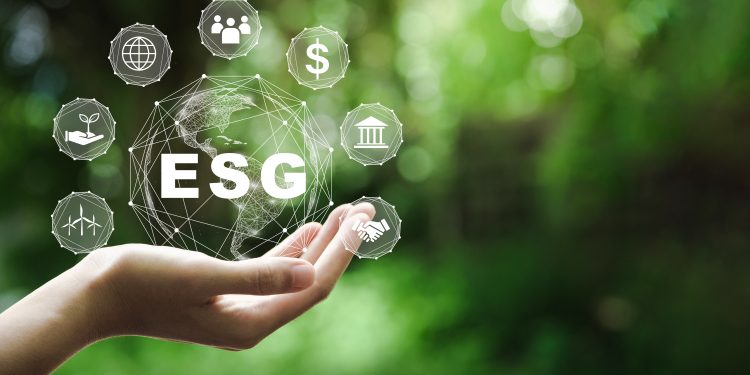The investment horizon in the Middle East is undergoing a transformative phase, where environmental, social, and governance (ESG) considerations are becoming integral to investment strategies.
With a global push for ESG investment, Middle Eastern markets and government policies are adapting, as investors and governments alike pursue environmentally and socially responsible opportunities. This move towards sustainable development is particularly pertinent as the region addresses challenges like climate change and resource scarcity.
The shift sparks new prospects for investors and corporations, particularly in nations such as Saudi Arabia, Oman, and the United Arab Emirates (UAE), where regulatory landscapes are evolving to facilitate ESG investments.
Within Saudi Arabia, sustainable development initiatives are aligning with the country’s Vision 2030, which aims to diminish reliance on oil and diversify the economy. The National Renewable Energy Program sets forth a goal of 58.7 gigawatts of renewable energy by 2030, attracting investments in solar and wind energy. The Saudi Public Investment Fund (PIF), a proponent of the One Planet Sovereign Wealth Fund initiative, is actively investing in renewable projects like NEOM’s $500 billion renewable energy-powered city.
Moreover, Saudi entities are embracing sustainable finance by issuing green bonds and sukuks, with a surge in value from $1 billion in 2019 to nearly $8 billion in 2023. PIF’s green finance framework delineates its strategy for green initiatives and aligns with international standards.
Transparency in ESG reporting is gaining traction in Saudi Arabia, with the Capital Market Authority’s ESG disclosure guidelines and the Saudi Stock Exchange (Tadawul)’s ESG index guiding companies towards better ESG performance. The kingdom also focuses on incorporating social and governance factors, such as gender diversity and corporate governance, into investment considerations.
Oman’s Vision 2040 echoes a commitment to sustainable practices. The government’s initiatives include expanding renewable electricity generation and fostering the green hydrogen sector through Hydrom. Oman also emphasizes the importance of sustainable finance, with a notable step forward being the introduction of its sustainable finance framework.
In the UAE, the Sustainable Finance Working Group (SFWG) is spearheading efforts to regulate sustainable finance, with the aim of harmonizing practices across the nation. The Abu Dhabi Global Market has implemented a pioneering sustainable finance regulatory framework, and the UAE’s Securities and Commodities Authority has laid out ESG regulations for listed companies.
As ESG investing gains momentum globally, stakeholders in the investment and financial services sectors must remain cognizant of the changing regulatory environment and the burgeoning availability of ESG investment products in the Middle East and beyond.


